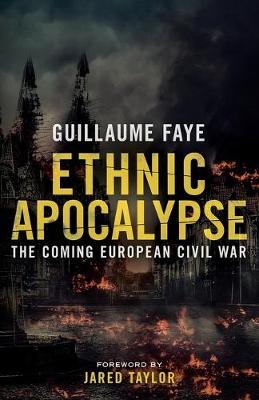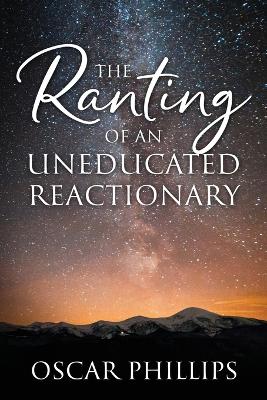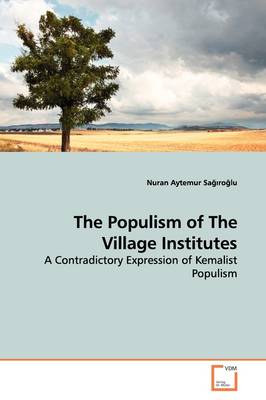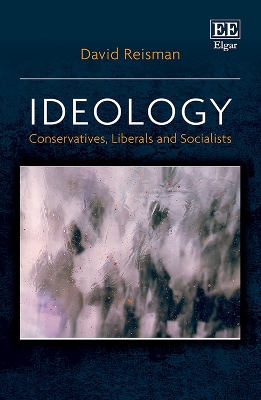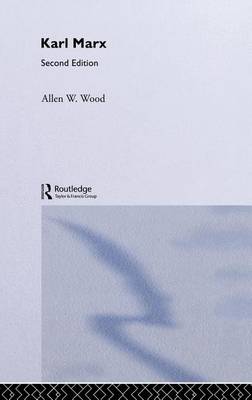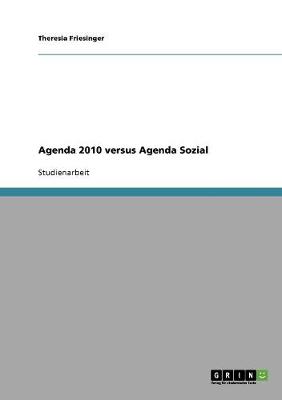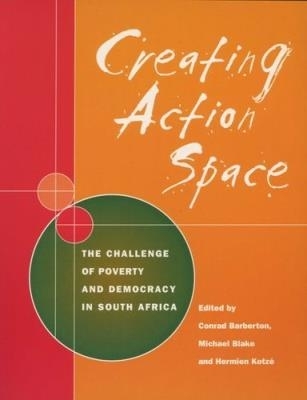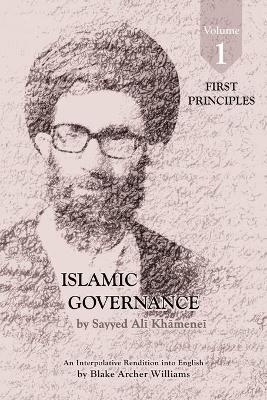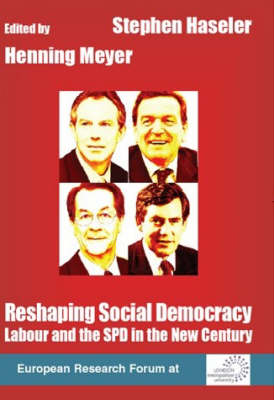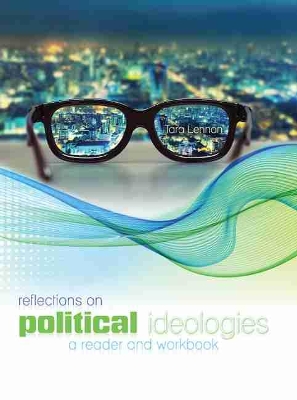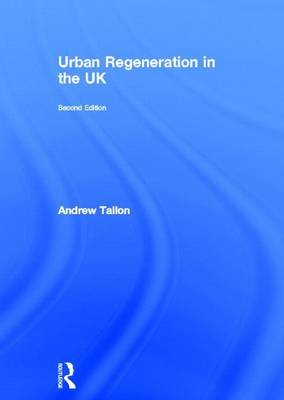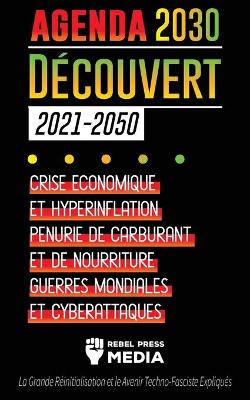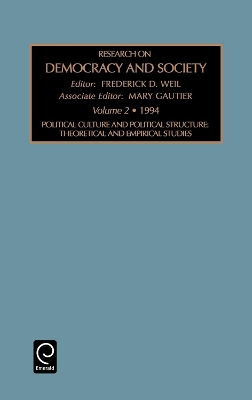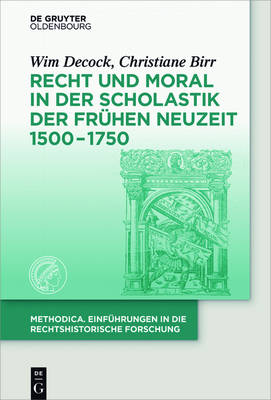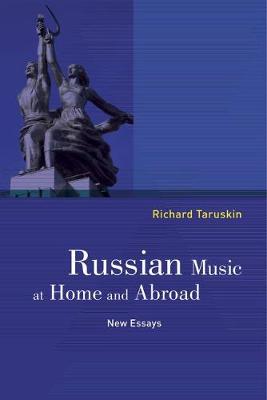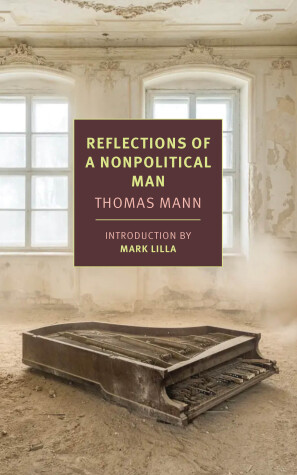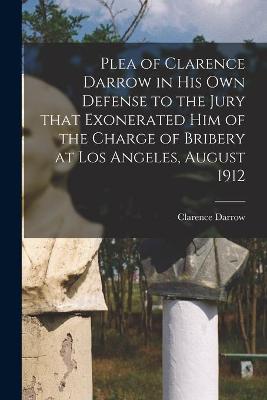This insightful book sheds light on three competing ideological windows on the world: conservatism, liberalism and socialism. David Reisman explores the importance of these perspectives not only to generating public policy, but also in our capacity to explain the very nature of reality. Surveying the diversity of beliefs that govern and guide contemporary society, Reisman illustrates the pre-eminence of three all-encompassing meta-ideologies that capture heterogenous philosophies. The book trac...
Creating Action Space
Reflections on Political Ideologies: A Reader and A Workbook
by Tara Lennon
Exploring the streets of London, Manchester, Belfast, Edinburgh or Cardiff, one cannot help but notice the striking transformations taking place in the urban landscapes. This prominent regeneration of urban areas in the UK and around the world has become an increasingly important issue amongst governments and populations. The growing concern has been a result of the impacts of the decline of cities since the collapse of manufacturing industries and the heightening of global competition. A range...
The bloody refugees are stealing our jobs! Or is it the unions? Or maybe the dole-bludgers? Australia was the first country to have a workers' party in power; the first country to introduce the eight-hour working day; one of the first to introduce a minimum wage. Women got the vote in Australia in 1902; it took the US until 1920 to do the same. As recently as 1985 we welcomed boat people with open arms (but now they're queue-jumpers). We're the country of the fair go - or so we like to think....
Political Culture and Political Structure (Research in Democracy & Society, #2)
This series is organized along thematic lines and aims to fill the gap between journals devoted to the topic and single-appearance edited books.
Recht Und Moral in Der Scholastik Der Fruhen Neuzeit 1500-1750 (Methodica, #1)
by Wim Decock
This new collection views Russian music through the Greek triad of "the Good, the True, and the Beautiful" to investigate how the idea of "nation" embeds itself in the public discourse about music and other arts with results at times invigorating, at times corrupting. In our divided, post-Cold War, and now post-9/11 world, Russian music, formerly a quiet corner on the margins of musicology, has become a site of noisy contention. Richard Taruskin assesses the political and cultural stakes that at...
A classic, controversial book exploring German culture and identity by the author of Death in Venice and The Magic Mountain, now back in print. When the Great War broke out in August 1914, Thomas Mann, like so many people on both sides of the conflict, was exhilarated. Finally, the era of decadence that he had anatomized in Death in Venice had come to an end; finally, there was a cause worth fighting and even dying for, or, at least when it came to Mann himself, writing about. Mann immediately...
Buddhism under Mao shows what kind of a problem Buddhism presented to the Chinese Communists and how they solved it. Relying largely on materials from the Mainland press, Holmes Welch has made what is probably the most detailed study so far available of the fate of a world religion in a Communist country. He describes how Buddhist institutions were controlled, protected, utilized, and suppressed; and explains why the larger needs of foreign and domestic policy dictated the Communists' approach t...
Harold Laski (The Palgrave Macmillan History of International Thought)
by Peter Lamb
This book examines the political and international thought of Harold Laski (1893-1950). Early chapters discuss his socialist critique of politics within states, paying close attention to the turbulent environment of the early to mid-twentieth century. His ideas on democracy, rights, freedom and sovereignty are closely analyzed and clarified. The book goes on to discuss the way in which he applied many of his political ideas to the analysis of international politics. The final chapter investigate...
